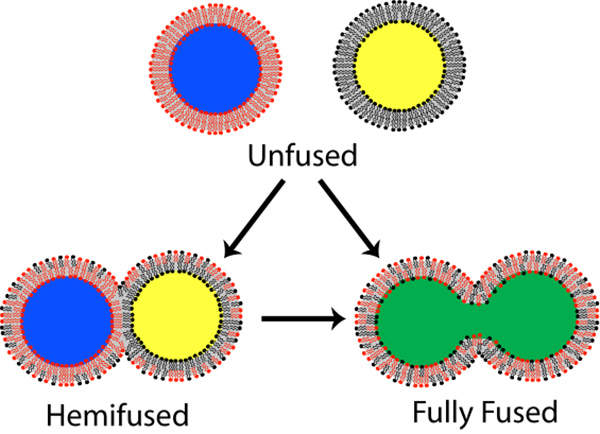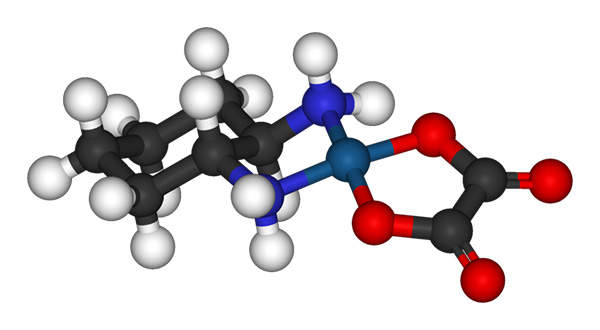Zaltrap (ziv-aflibercept) is a recombinant fusion protein indicated for the treatment of metastatic colorectal cancer (mCRC). It was developed by Sanofi-Aventis in collaboration with Regeneron Pharmaceuticals.
In August 2012, Zaltrap was approved by the US Food and Drug Administration (FDA) for the treatment of patients suffering from metastatic colorectal cancer following treatment with oxaliplatin.
Colorectal cancer symptoms and prevalence
Colorectal cancer, also known as colon cancer, originates in the large intestine or the rectum. The symptoms of the disease include rectal bleeding and anaemia, which also may be associated with weight loss and changes in bowel habits. It is the leading cause of cancer-related deaths in the US.
According to the American Cancer Society’s estimates, in 2012 more than 143,000 new cases were diagnosed, of which more than 51,000 are expected to die. More than 60% of those diagnosed have advanced or metastatic disease.
More than 1.2 million people were diagnosed with the disease worldwide in 2008, of which over 60,000 died in the same year.
Zaltrap’s mechanism of action
Zaltrap contains is a recombinant fusion protein, which is produced by using recombinant DNA technology. The drug binds endogenous ligands and inhibits the binding and activation of the cognate receptors. The drug decreases neovascularisation and thereby reduces the vascular permeability. It is available in injection form for intravenous infusion.
Clinical trials on ziv-aflibercept / Zaltrap
Sanofi-Aventis in collaboration with Regeneron conducted phase I clinical trials on Zaltrap between March 2007 and January 2011. It was an open label, dose-escalation, and parallel assignment. The primary outcome measure of the study was finding out the dose-limiting toxicity (DLT). The secondary outcome measures included finding the drug’s safety, pharmacokinetic values, and objective response rate.
Sanofi-Aventis conducted a phase II clinical trial on Zaltrap between February 2009 and January 2012. It was an open label, randomised, and multinational clinical study. The study enrolled 268 patients with metastatic colorectal cancer. The primary outcome measure of the study was finding the progression free survival rate (PFS). The secondary outcome measures included finding the overall response rate, progression-free survival, and overall survival.
The FDA approval for Zaltrap was based on a phase III clinical trial known as VELOUR study. The randomised, double-blind, multinational study was conducted between November 2007 and June 2012. It enrolled 1,226 patients with metastatic colorectal cancer, who were previously treated with oxaliplatin.
The patients were administered with the combination of FOLFIRI either with Zaltrap or placebo. About 28% of the patients received treatment with bevacizumab. The primary endpoint of the study was survival, while the secondary endpoints included progression-free survival, response to treatment and tolerance.
The study’s results demonstrated that using Zaltrap in combination with FOLFIRI chemotherapy significantly improved the median survival in the patients who were previously treated with oxaliplatin from 12.06 months to 13.50 months. The combination drug also improved the progression-free survival from 4.67 to 6.90. The overall response rate in Zaltrap plus FOLFIRI group was 19.8% compared to 11.1% in FOLFIRI group.
The most common side effects observed in the clinical study of Zaltrap plus FOLFIRI included decrease in white blood cell count, mouth ulcers, diarrhoea, fatigue, weight loss, abdominal pain, increased amount of protein in the urine, headache, decreased appetite, and high blood pressure.
Marketing Zaltrap in the US
Related project
Xeloda – Treatment for Metastatic Colorectal Cancer, United States of America
Xeloda is an approved oral drug developed by F. Hoffmann-La Roche (Roche) for treating metastatic colorectal cancer and breast cancer. The drug was first approved in the US and EU in 2001 as monotherapy for treating colorectal cancer.
Sanofi-Aventis and Regeneron will equally share the global profits from Zaltrap after the latter’s obligation to repay the share of development expenses. Zaltrap is registered with a trademark of Regeneron Pharmaceuticals in the US.
Other medications approved for the same indication include Avastin (bevacizumab) manufactured by Roche, Camptosar (irinotecan) produced by Pfizer and Yakult Honsha, Eloxatin (cetuximab) manufactured by ImClone, Vectibix (panitumumab) developed by Amgen, and Xeloda (capecitabine) produced by Roche.





